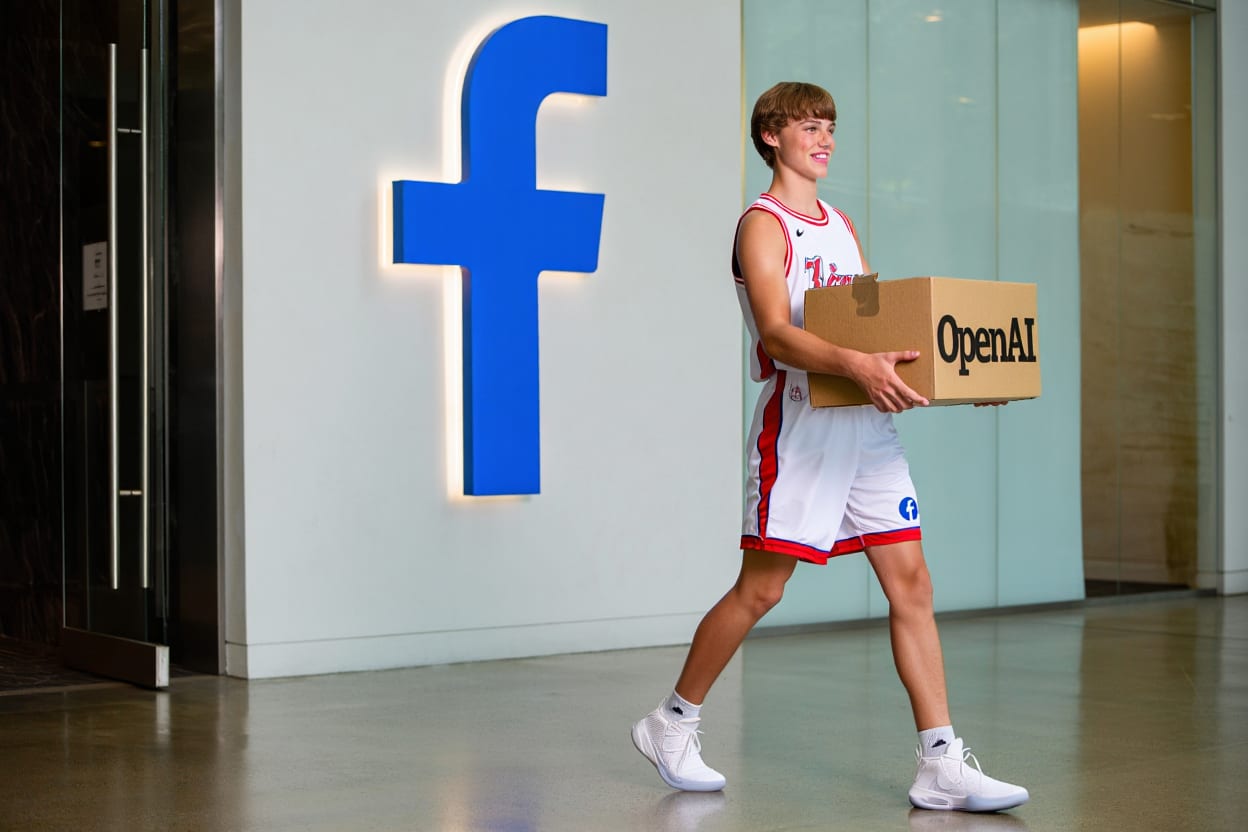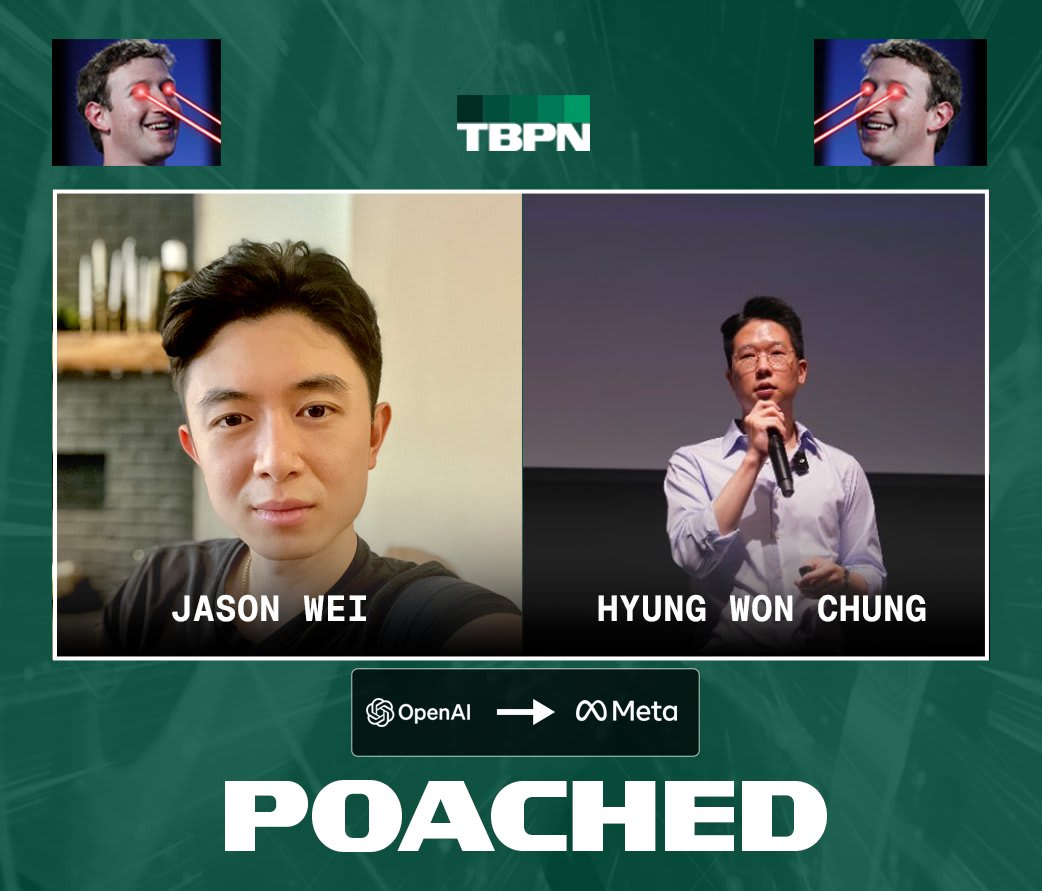Loyalty.
By now you've likely heard the news: Windsurf was acquired—not once, but twice—in a single week.
If you somehow missed the headlines, here's the quick rundown:
Last week, Cognition AI, the startup best known for its AI-powered coding assistant, announced its acquisition of Windsurf.
This came on the heels of Google's controversial $2.4 billion deal the previous Friday, acquiring Windsurf’s top executives and licensing its core technology, while leaving the company itself and most of its employees behind.
Loyalty.
The Windsurf saga—two rapid-fire acquisitions, executives parachuting out, employees left stranded—isn't just another juicy Silicon Valley story. It exposed a deeper fracture in how we think about commitment and trust in startups.
At the center of controversy is Windsurf’s CEO, Varun Mohan, accused of negotiating deals that richly benefited himself and an inner circle while leaving loyal, early employees out in the cold.
It must be noted that Varun faced limited options: OpenAI’s acquisition attempt had already collapsed due to Microsoft’s contractual IP entitlements, which left Windsurf effectively “unacquirable” by any major player.
You've probably heard multiple perspectives by now, and I don't pretend to know all the details. Passing judgment on Varun’s decision isn't my intent, nor is it my place as a venture capitalist. But I do think we should examine how the incentive structures—not just the individual choices—shape these outcomes.
Loyalty.
Today’s AI startup ecosystem mirrors professional sports more closely than many realize.
Consider college basketball: In 2025, over 2,300 players entered the transfer portal—nearly half of all men's college basketball players. Five years earlier, it was fewer than 1,000.
Silicon Valley reflects a similar transformation, where top AI researchers and engineers are entering the tech transfer portal everyday.
The dopamine rush of perpetual free agency now eclipses the satisfaction of sticking with one team. The potential of overnight wealth creation, especially during the current AI gold rush, encourages founders and employees alike to maximize short-term individual returns rather than build enduring value.
But this dynamic becomes troubling when it fractures the unspoken social contract between founders and their teams. Founders are uniquely privileged to rally top talent—often convincing them to walk away from higher salaries—with the promise of long-term upside if they help build something valuable. When that contract breaks, it undermines the trust that startups are built on. This founder-to-employee trust should never be taken for granted.
In Windsurf’s case, the Google licensing deal and Cognition’s follow-on acquisition ultimately delivered partial payouts and preserved jobs for remaining employees—but only after lots of uncertainty and backlash. The precedent is slippery: if future founders believe they can extract value via licensing or team lift-outs without a full exit, it could normalize a model where employees are last to benefit. Similarly, when tech giants like Facebook poaching AI talent, it underscores why employee loyalty has waned so dramatically in the AI era.
Loyalty.
Almost every top AI researchers is a free agent today. I keep picturing that iconic Jerry Maguire scene, except now it’s a 22-year-old OpenAI researcher yelling “show me the money!” at Mark Zuckerberg through the phone.
My friends at TBPN have playfully leaned into the “free agency” dynamic by posting real-time updates of top researcher moves on their Twitter account that look like Shams Charania ESPN trade announcements.
But honestly, why should employees stay loyal when founders are the first to jump ship for a bigger payday? The real issue is structural: when a founder can unlock billions by licensing IP instead of seeing the company through to an exit, the system doesn’t just allow it—it rewards it.
Silicon Valley’s game of musical chairs now includes everyone—even founders of billion-dollar companies with hundreds of employees and nine figures on the balance sheet. These are the same founders who once pitched investors and recruits on a lifelong mission, only to step away the moment a better seat opens up.
In the high-stakes race to AGI, careers in Silicon Valley have become liquid assets—negotiable, transferable, and always for sale to the highest bidder. Founders and employees alike are playing the market.
Still, I believe restoring loyalty—especially among founders—is essential if Silicon Valley wants to preserve its unique ethos.
But loyalty won’t return through wishful thinking. It requires structural change: better incentive alignment, real employee protections, and deal terms built on transparency, not loopholes.
Without that, we risk losing the collaborative spirit and shared upside that once set this industry apart.
Loyalty.
.png)




![Palestinian [Amiga] artist Samia Halaby – "I see beauty" [video]](https://www.youtube.com/img/desktop/supported_browsers/edgium.png)

